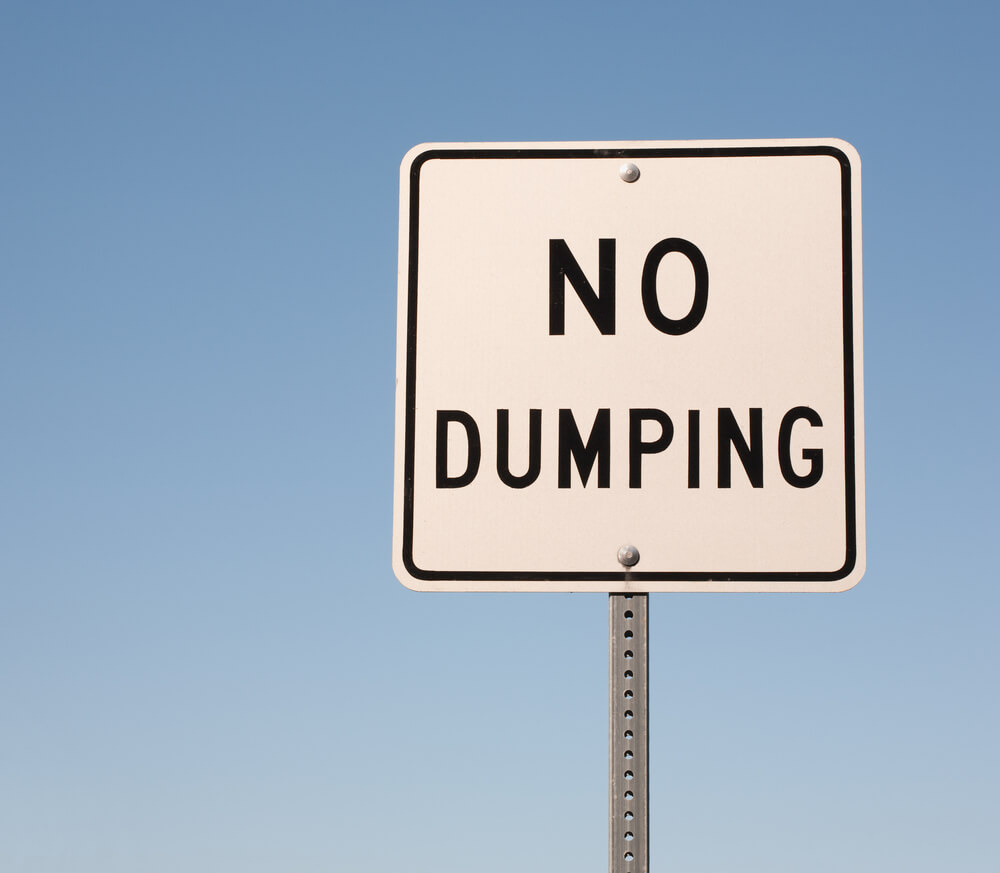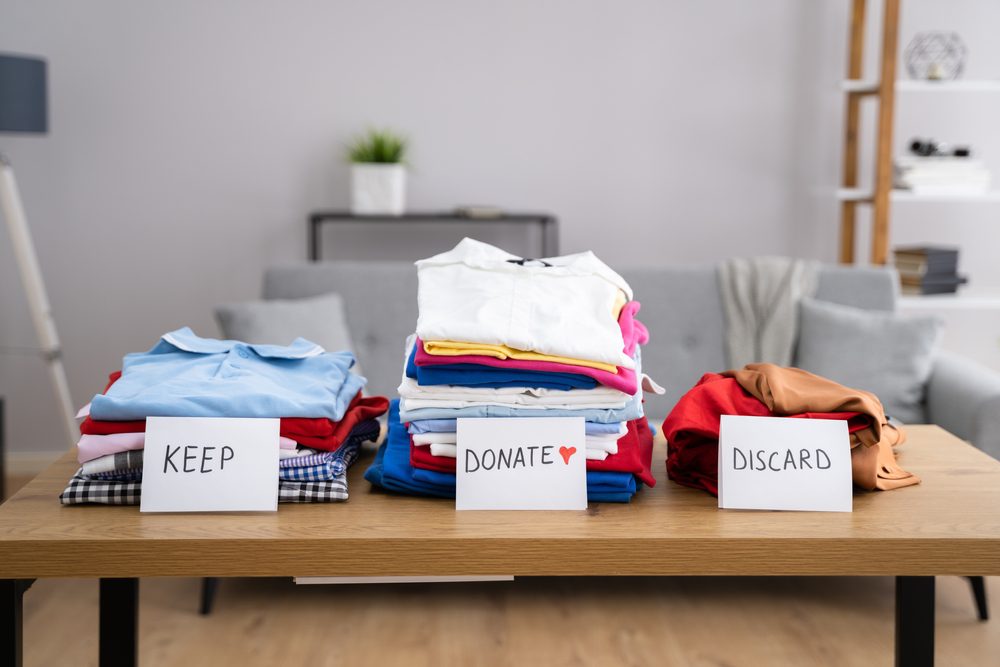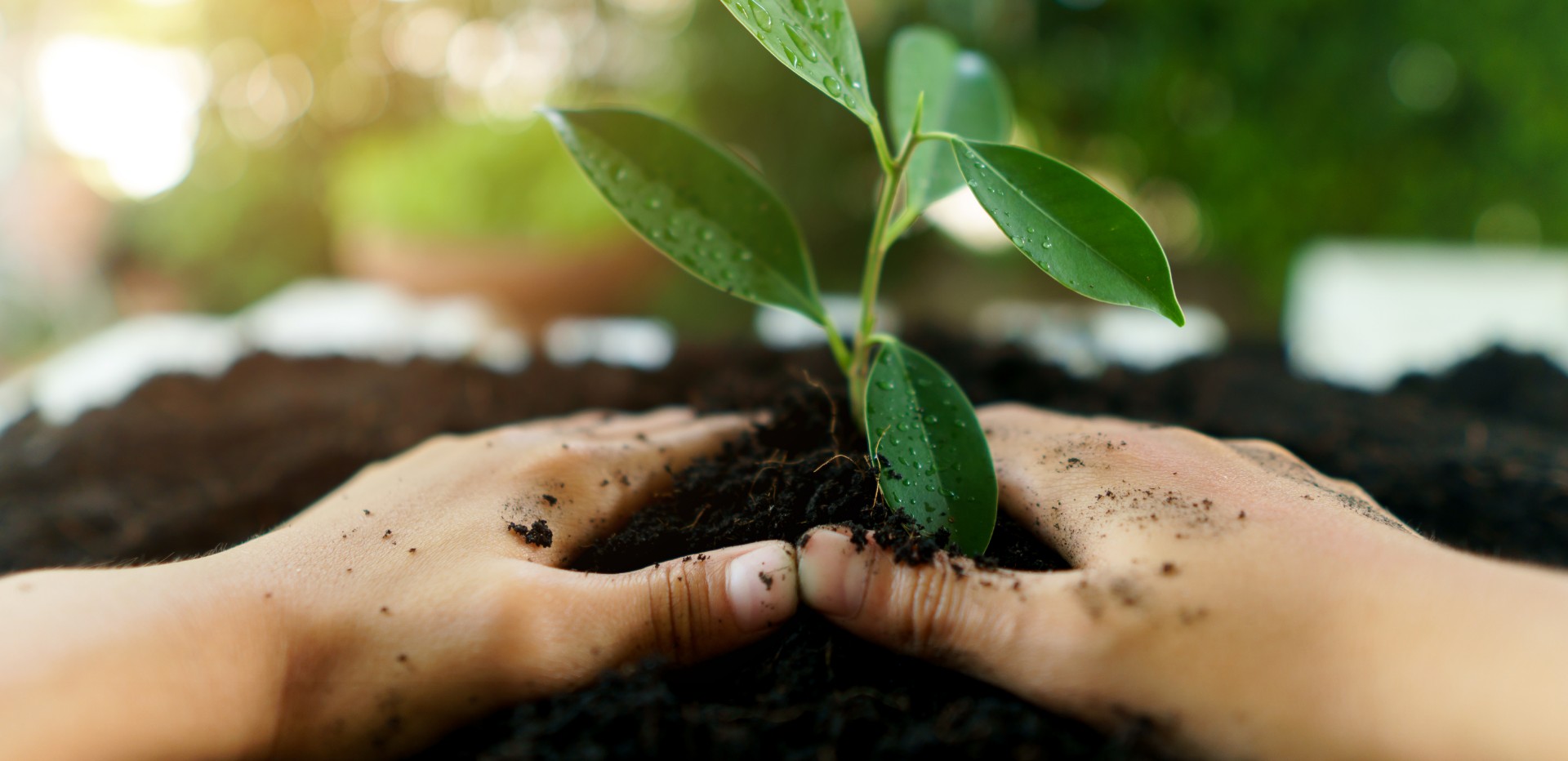Raising a baby is difficult enough on its own, so it’s understandable to hyper-focus on things other than staying eco-friendly. When caring for a little one, green resources can be harder to find, take more effort to utilize, and can certainly appear to be more expensive.
That said, making a conscious effort to be mindful of your family’s environment when your children are young is a worthwhile endeavor. During this formative time, they’re more sensitive to toxic materials. And typical baby products, like disposable diapers, can result in a massive amount of waste. With the right information at hand, you can work towards a greener home for your baby without breaking the bank.
Read on for some useful tips on how to create a more eco-friendly environment for you and your family, keeping in mind financial and environmental sustainability.
Eliminate Toxins in Your Home
On average, babies spend 90% of their time in the home. Logistically, that means you have control of the toxins they are exposed to 90% of the time. While there are some benefits to exposing children to germs, there are no benefits to exposing children to harmful toxins and chemicals, such as bleach.
Babies are much more sensitive to the toxins around them—and they put everything in their mouths— so be sure to avoid inviting harsh chemicals, irritating fragrances, and poor air quality into your home.
Here are some of the ways you can accomplish this without emptying your wallet:
Reduce The Use of Harmful Chemicals
Cleaning a home for adults is easy: grab a spray cleaner from the store, spray down the surfaces, wipe it up, and try not to breath in the fumes. Cleaning a home for your baby takes more care.
The chemicals that are most common in cleaning products should be avoided with your baby. Look for green cleaners at the store and examine the labels, opting for ingredients like vinegar, lemon juice, baking soda, or plant-based formulas. If you’re looking to save some cash, buy a reusable spray bottle, distilled white vinegar, and mix that with equal parts water. Now you have a non-toxic and effective cleaner that is safe for your baby to be around.
Harsh chemicals are not only found in cleaning supplies. Second-hand and wooden toys, cribs, and other baby necessities are a great way to save money and reduce your baby’s carbon footprint, but you need to be careful. The older the item is, the more likely it was made with unsafe paints, stains, and other materials no longer allowed. That doesn’t mean to avoid them entirely; just examine what you are getting and see if it needs restaining, repainting or other treatments to make sure it is non-toxic.
Be Conscious of Fragrances
Pay attention to the soaps, detergents, and lotions you use on your baby and yourself. Fragrances and other additives that are okay for adults may irritate your baby’s sensitive skin. That mystery rash may be coming from what you washed their blanket with during your last laundry load, or even the new lotion you are using.
Fortunately, there are several plant-based and baby-specific products available on the market, but fragrance-free is going to be your easiest blue-chip option. These soaps, detergents and other materials will generally use fewer chemicals and less artificial materials in their make-up.
Your baby doesn’t need to smell like a spring meadow, they just need to be clean and happy!
Maintain Air Quality
Allergens, dust, and other impurities can lead to respiratory issues and illnesses in anyone, not to mention your baby. The most direct way to fight these is regularly changing your HVAC’s air filter. These filter the air as it goes through the unit, pulling out the negative qualities and producing cleaner, healthier air.
Unfortunately, the dirtier they are, the less effective they are at their job. While some filters can last longer, it is recommended to change your filter every month. Want to reduce your waste? They make reusable air filters that you can wash, but be sure to read up on how often your specific filter needs to be cleaned and how effective it is versus the disposable options.
Want to go the greenest green you can while purifying your air? Certain plants actually clean the air around them, so by keeping them in your home you’ll have cleaner air! Aloe, mums, and more all will help keep your air clean while making your home look nicer.
Rethink Meals
Feeding your baby means a few things: a mess, a lack of cooperation, and a pile of trash. Rethinking your baby’s food can help with the last one. Buying baby food from the store is the most convenient method, but it produces the most waste. The other options are not always feasible, so if you opt into store-bought food, aim for the glass jarred options, since they can be recycled.
Opting for Breastfeeding Early On
We don’t need to tell you much about this, but we would be remiss if we didn’t mention it. Breastfeeding cuts down on waste and can be even more green if a breast pump with reusable components is used. You know if this option is possible and makes sense for you, just be aware that not all pumps are made equal for going green.
Make Your Own Baby Food
Making your own baby food does take more time than using store-bought, but there are plenty of benefits that can outweigh the time sink. By making your own food you know exactly what your baby is eating. You also will not be limited by predetermined portions, produce less waste, and save money in the long run.
Buy a lot of vegetables, like green beans, carrots, peas, and squash (go organic to avoid pesticides) and puree them in a food processor. To save time and money, make a large batch and freeze it into individual portions using an ice tray or small Tupperware. This makes it easy to heat up a meal in the future. It’s meal prep for your baby!
Reduce Baby’s Carbon Footprint
Babies make for a lot of dirty diapers: between 3,800 to 8,000 each to be more specific. The US alone puts about 20 billion disposable diapers into landfills each year. Using washable diapers helps the planet and your wallet. The downside is it can be gross, but gross bodily fluids are part of the job when raising a baby. Get a wet bag to store the dirty diapers, wash them at home, and reuse.
Buying reusable and second-hand supplies is a good, green idea for all aspects of taking care of your baby. Nursing pads, burp cloths, bibs, and more all come in reusable varieties. Aside from that, buying second-hand clothes, toys, and other necessities keeps them from being thrown out and can often get high-quality products at a fraction of the cost. Be careful to check that they are safe and enjoy going green while being a parent!



